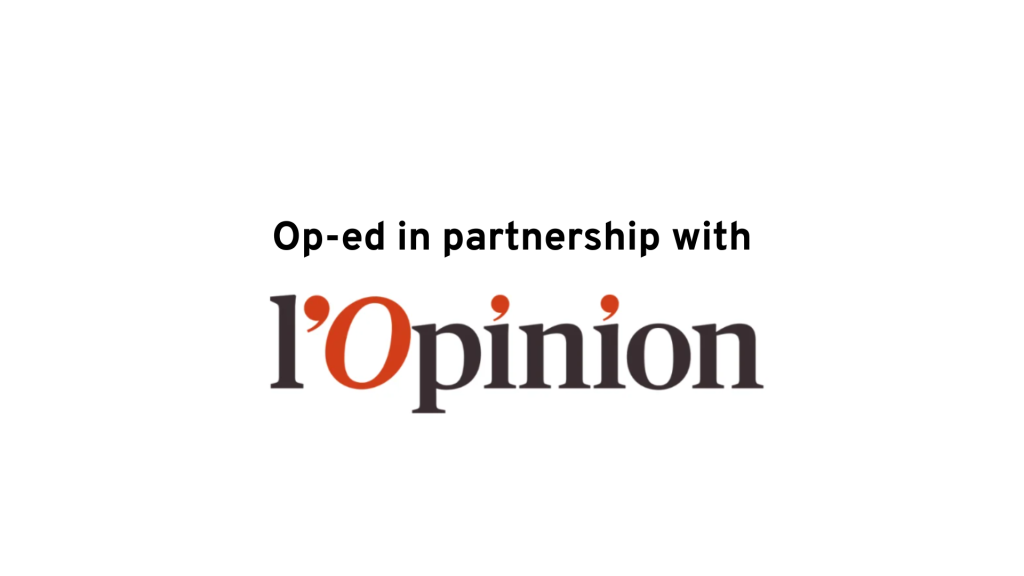Merz-Macron, the Franco-German duo of last resort

The Franco-German engine has been idling for too long. Friedrich Merz’s victory in the 23 February parliamentary elections could get it restarted. With the future chancellor, Paris will once again have a classic Francophile from the Rhineland with whom it will be easier to work. First and foremost, this Christian Democrat, whose mentor was Wolfgang Schäuble, has European integration in his political DNA. The word ‘Europe’ features prominently in his programme. He has taken several key positions that are more compatible with French views. His first statements on Sunday evening, with their almost Gaullist overtones, attest to this. With him, Macron could finally find the ally he has been missing across the Rhine since 2017.
Merz defends European strategic autonomy. He is in favour of sending long-range missiles (Taurus) to Ukraine. He is not opposed to revisiting the controversial constitutional rule limiting the federal government’s annual deficit to 0.35% of GDP in order to boost investment. He leaves the door open to European bond issues for defence. And he has always considered the nuclear phase-out to be a strategic error – although he now recognises that reviving it is unrealistic. For its part, France will have to water down its anti-Mercosur stance, which the future chancellor – like his predecessors – defends, even more so now that a trade war is looming with the Trump administration.
But even with this new oil, the Franco-German engine is no longer designed to be all-terrain, nor to claim to pull the whole of Europe on its own. Increasingly and at various levels, the duo is giving way to a trio with Poland (Weimar format). Friedrich Merz is planning his first official visits to both Paris and Warsaw. For his part, President Macron is preparing a summit with Polish Prime Minister Donald Tusk to sign a friendship treaty similar to those recently concluded with Rome and Madrid, while a major Franco-British bilateral summit is in the pipeline to refresh the Lancaster defence treaties.
So let’s not expect a return to the Franco-German relationship of old. Let’s hope instead that this unique relationship will play its indispensable part in a broader game that responds to the turbulent change of era currently underway. Paris and Berlin will regain their driving force if they focus on key issues. The capital markets union, renamed the savings and investment union, is certainly one such issue, contributing to the financing of the triple digital, energy and security transition that is guiding the European agenda. In the same vein, the Franco-German partnership must also throw its weight behind European industrial production and the emergence of new European champions. Like Paris, Merz wants to revise European competition law.
But even if his personal relationship with the head of state looks set to be more fluid than with Scholz, its scope will depend first and foremost on the evolution of the respective political situations in each country. In Germany, the two-party grand coalition under discussion should spare the country the internal tensions and unclear positions that exhausted the outgoing three-party coalition. In France, governmental stability is a prerequisite for being taken seriously by its partners. Above all, on both sides of the Rhine, the virulence of the extreme right and its collusion with the Trump-Putin axis give the two leaders an obligation to achieve results through their close collaboration, at the risk of a definitive breakdown.




